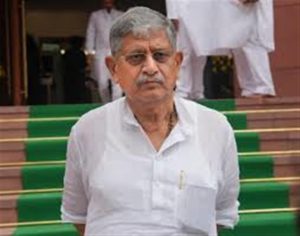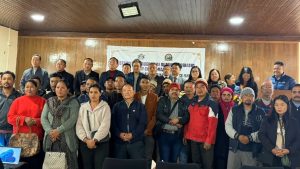
The Commerce Ministry is expected to consider and approve an increase in boxed milk prices if producers submit their requests for an adjustment, in line with higher raw milk production costs.
Chakra Yodmani, deputy director-general of the Internal Trade Department, said following the Milk Board’s recent approval of raising the ex-factory median prices for raw cow’s milk by 2.25 baht per kilogramme to 22.75 baht per kg to help dairy farmers, the ministry is ready to comply with the price hike.
Mr Chakra said the department will take up to 15 days to review and approve the price after receiving the request from entrepreneurs.
“Adjustments in milk prices will not be uniform, varying according to the proportion of raw milk used in each product, including UHT milk, pasteurised milk and sterilised milk. Plain milk is expected to have the highest price increase as it contains 100% raw milk,” he said.
“This adjustment is expected to affect the retail prices of dairy products by an average of 40-50 satang per box for a standard 225-millilitre package.”
Regarding the cost of importing raw materials for production following attacks by Houthis on cargo ships in the Red Sea, Mr Chakra said after recent consultation with the International Trade Promotion Department, the Thai National Shippers’ Council and representatives from shipping companies, imports of raw materials are now costlier, particularly because of higher freight rates for chemical fertilisers and steel. However, this has yet to affect sales prices, he said.
Demand for steel in the global market is ebbing as China, a major consumer, faces a real estate crisis, slowing its construction industry and steel production, said Mr Chakra.
As for chemical fertilisers, there has been no impact on domestic sales prices as global prices are stable year-on-year, supported by the price of natural gas, a raw material in fertiliser production, consistently decreasing, he said.
Most product prices remain stable, including rice paddy staying steady from the previous week, with Thai hom mali fragrant rice paddy averaging 14,700 baht per tonne, Pathum Thani rice paddy at 14,000 baht per tonne, white rice paddy at 12,550 baht per tonne, and glutinous rice paddy at 13,300 baht per tonne, said Mr Chakra.
Similarly, tapioca prices have remained stable, averaging 3.65 baht per kg.

















